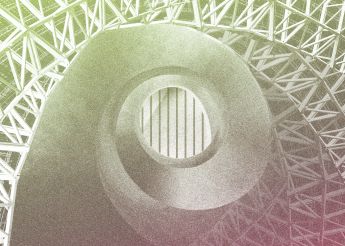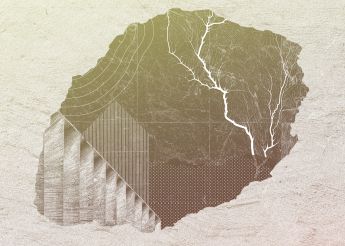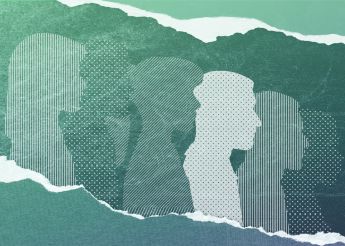SG. I think we have a very strict view of what education is in our prison system and in society in general. When we talk about education we think of a school. This is really problematic because school is not the only form of education. We have to put education in a broader, more informal framework and not limit it to just one form. In the APAC system, for example, it is interesting to note that there is not a separate space dedicated to education. The whole space is considered an educational space. In the prison of Grendon, the first therapeutic community in the UK, prisoners do therapy almost every day where they address their emotions and try to understand their behaviour. One of the prisoners told me that this was the first time he had learned how his emotions worked and why he had committed these crimes. Normally this is not part of a formal education programme.
When you put education in this broader context, all staff have an educational role to play, whether they know it or not. But in traditional prisons we don’t see staff as having educational roles, but rather security roles. We train and select staff specifically for security and punishment, for restraining people who cause problems of violence. We promote the pedagogy of violence and mistrust.
I believe we should select the staff based on their motivation to do educational work and train them accordingly for the role of social educator. In facilities for juvenile offenders in Rio de Janeiro, which have been placed under the supervision of the Minister of Education, some of the security staff have a PhD in education or philosophy. I think this is an initiative with a lot of potential.
I am not saying that security is not important, but it could be external to the facility. In Uruguay, for example, they have set up prisons where the armed security staff is placed outside the prison. They are not in direct contact with the prisoners. Inside the facility, you can find trained educational staff, such as psychologists, sociologists and other people with different skills. I think this is very important as it connects prisons with institutions that were traditionally more accessible outside.





